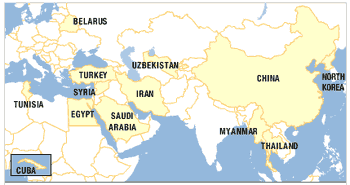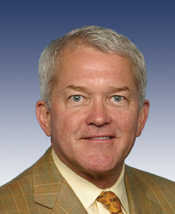The Poynter Institute in St. Petersburg, Fla. is attempting to spearhead an effort to create a set of guidelines for online news ethics.
For a long time, I’ve been appalled by the lack of consistency in newspapers’ online correction policies (Ombuds take note: free column idea). Sometimes corrections are made on the fly without a note. Other times, corrections never make it into the archive. Or, one version of a story gets corrected while another version sits in a section untouched.
It’s enough to make a researcher want to scream.
Nevertheless, the discussion at Poynter revolved around three main topics: linking, revenue and content, and user-generated content. The story about the meeting, written by Rick Edmonds, doesn’t really state much in regards to concrete details or best practices. It seems to simply state, “Hey, these issues are important.” And that’s fine for now.
One particular statement that struck me was when Edmonds writes:
“A complicating factor is that the newness of the Web and frequent site redesigns have created publishing formats without the physical and visual boundaries that are fairly obvious in a printed edition. In other words, it may not be clear, just by looking, what is editorial, what is advertising and what is some sort of hybrid.
The draft guidelines offered a nod to the notion that “the enterprise needs to make money to sustain itself.” But a Wild West leniency on ad placements and sponsorships could undermine the consumer experience and credibility of the brand. The guidelines called for “a defined process for decision-making” to revolve disputes between news and advertising. “
And is there a difference between in-house marketing and advertising? Is it okay to mix branding for a newspaper promotion with editorial content?
Our credibility has always been crucial, but I am of the mind that it is even more important online. Newspapers have many more critics and competitors today than they did in the days before online news. On the web, media outlets with vastly fewer resources (and –arguably– inferior quality) can be indistinguishable from a full-blown newsroom staff.
To that end, the work Poynter is doing in this area bears much watching. While I believe mainstream online publications will never adhere to one set of defined rules, I do think we need to take pains to distinguish ourselves from the firebrands and reactionaries that are prolific online, though we all have a part to play in the public discourse.
In the end, the best way to maintain our readership for generations to come is to be as accurate and ethical as humanly possible in all our work.


 The Sarasota Herald-Tribune
The Sarasota Herald-Tribune